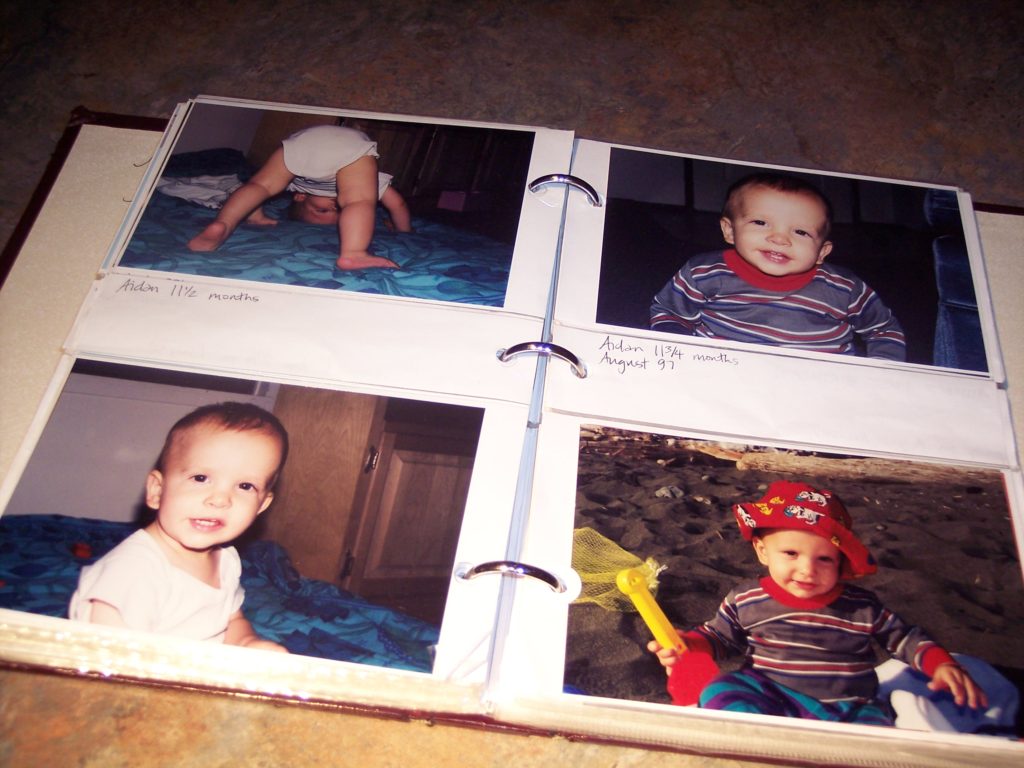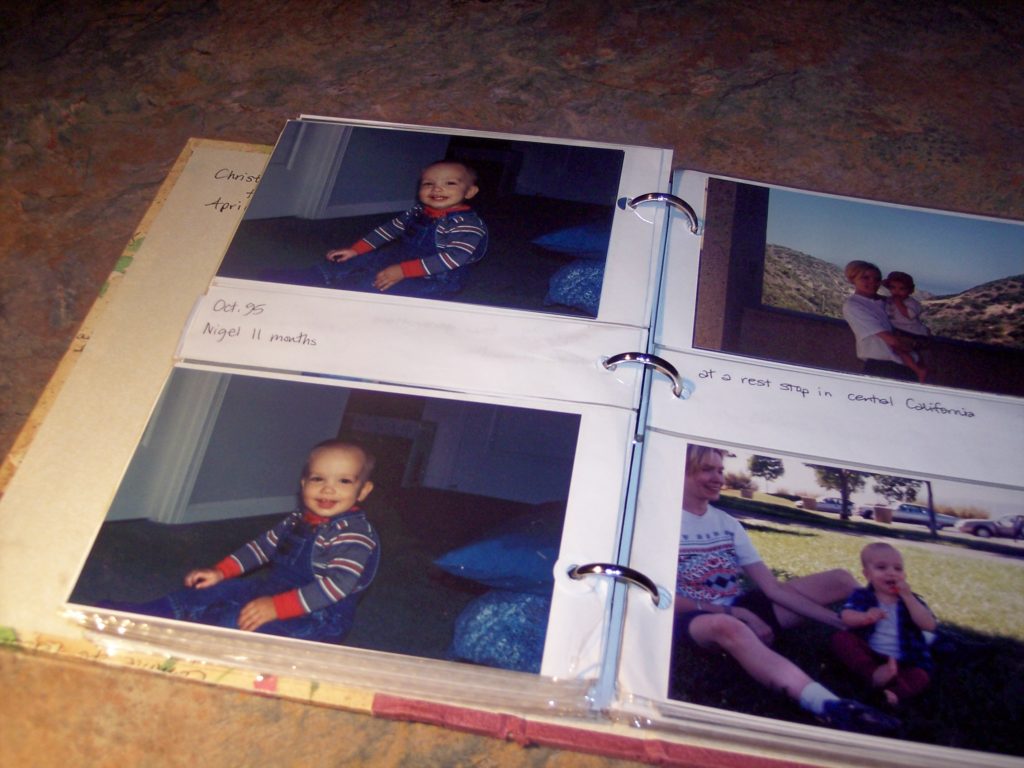Having a special needs child growing up in my home has taught me more about trust than any other element of my life. Especially with my particular child having such an independent spirit and wanting to do things on his own. The problem is that he does not always have the coping tools and social understanding necessary to navigate many situations he could encounter. And so, as he has gotten older and has started wanting to go places on his own, I have learned that lecturing him on safety issues and wringing my hands while he’s gone are not the best ways to cope with the experience.
Of course, all good parents in general are concerned about their children’s safety and well-being when they’re out doing something on their own. I know how it is with a non-autistic child because I have one. I know that even though I have just as much concern for his welfare, the worry is mitigated. He can handle himself far better in situations where other people are involved, which is almost any situation when someone’s away from home. I don’t worry about him causing problems, or about his behavior escalating. I don’t worry about him reacting violently to insects flying near him. I don’t worry about someone tricking him into doing something unsafe or unlawful. And I’m just as relieved when he gets home safely, but while he’s gone, the worry seems more manageable.
For two years now, my autistic teen has been asking me to let him ride his bike to the local grocery store alone. And for many reasons, I kept putting it off. I just didn’t feel that he was ready. Now, since he recently started riding his bike to and from school every day and has demonstrated that he can use a cell phone properly, I can no longer justify not letting him ride to the store, which is just a little farther away than the school. One afternoon last week, he asked me to let him ride his bike to the store. I put it off, telling him he had to do his chores first. He did them in record time and asked me again, assuring me that he’d be careful. Out of stalling material, I literally wrung my hands and began breathing rapidly, like the beginnings of a panic attack. Neil noticed.
“What’s wrong?” he asked.
I hemmed and hawed. Finally, I said it. “I just wish you didn’t want to do this, Neil. It worries me.”
He paused, and then he made eye contact and said, in his flat but beautiful voice, “Mom, sometimes you just have to trust me.”
I almost gasped. A lump quickly formed in my throat. It was one of those rare lucid moments when he says something so simple, yet so profound. Somehow, he knew exactly what to say. “You’re right,” I conceded. “I think you’re ready to do this.”
“I am,” he said in the same resolute tone.
We then did a quick “verbal social story,” since these days he rarely needs them to be written. I verbally walked him through the route he would ride, told him where to lock up his bike, discussed what he would do in the store, and suggested that he not stop to talk to anyone along the way. He could briefly answer a question if someone asked, but then come straight home. We figured out how much time he would need to get there, get his Silly Putty, and come back. Then he left, and I watched him out the window as he rode away. I visualized a herd of angels surrounding him.
While he was gone, I took his advice. I worked at my desk and just trusted. I trusted that he could do this, trusted that he would be all right. And to my surprise, I actually believed it. I did so well that right about the time I thought to check the time, I heard him rattle the side gate to indicate that he was home, putting his bike away. My eyes immediately welled up and I patted them dry as I rose from my desk. Neil strode into the house and I went to greet him.
“I did it, Mom,” he said calmly, with a hint of pride. “See? I told you I would be fine.”
“You did and you are,” I said, putting my arm around his tall, warm frame. “I’m really proud of you.”
“Thanks for letting me go.”
I tried not to get misty-eyed again. “You’re welcome, honey,” I said. How did he know that that’s the hardest part of trusting – the letting go? That, as I discovered that afternoon, it’s also the most rewarding?




 Even though he’s wearing his brother’s shirt 😉
Even though he’s wearing his brother’s shirt 😉
 I’m sure we’ve all done it at some point. We look through the photo albums, gaze at the images of our little ones and sit there, transfixed, in memory. We wonder – that thing he’s doing with clenching his fists – did that somehow point to autism? How he used to put his head back and say ‘aaahhh’ repetitively? The way he did the ‘5-point crawl,’ with his forehead on the floor? We just thought it was cute at the time, endearing. But he laughed! He smiled!
I’m sure we’ve all done it at some point. We look through the photo albums, gaze at the images of our little ones and sit there, transfixed, in memory. We wonder – that thing he’s doing with clenching his fists – did that somehow point to autism? How he used to put his head back and say ‘aaahhh’ repetitively? The way he did the ‘5-point crawl,’ with his forehead on the floor? We just thought it was cute at the time, endearing. But he laughed! He smiled! 







